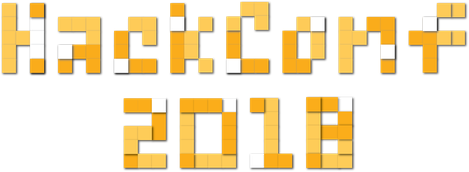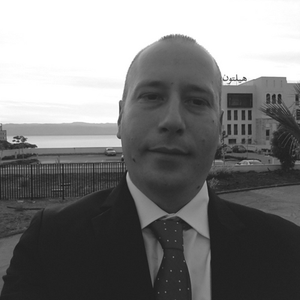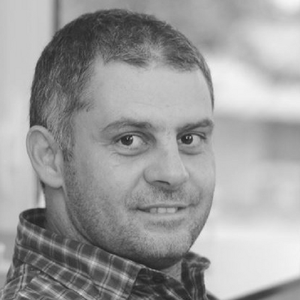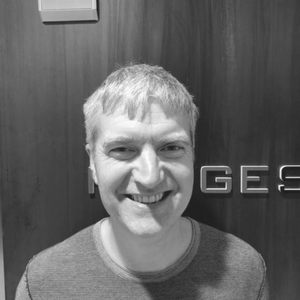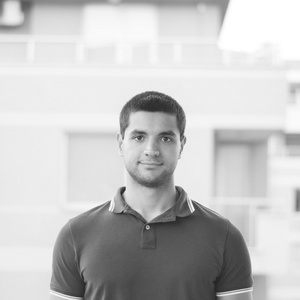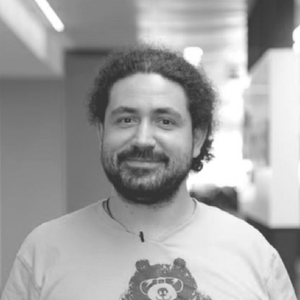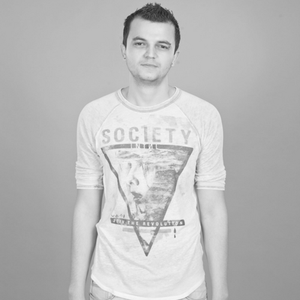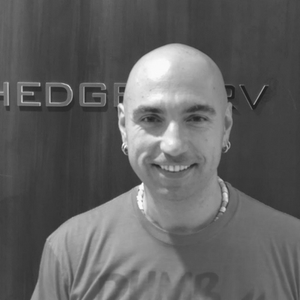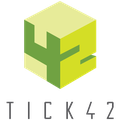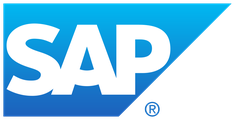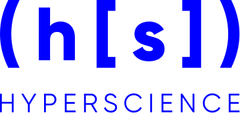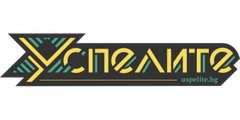Agenda
The goal of this workshop is to demonstrate the basics of using Django REST Framework (DRF) for creating web APIs. As an example we are going to build a simple API for a book catalog (like Goodreads). Users can register, add/edit/delete books and authors.
In this workshop you will learn how to build a search in articles: Web REST API with AWS Lambda, API Gateway, DynamoDB and ElasticSearch.
Тhis workshop will give you basic understanding of concepts in CSS. You will learn how to properly align elements in your pages in grids and make them look exactly as you intended. You will understand the proper usage of "position", "display", "float" and many others, and put together some interesting designs in the process.
Challenge yourself: step in the Business Analyst’s shoes for an hour. Participants will be divided into pairs, with each pair having one “business analyst” and one “developer”.
The BA will be asked to create a written description of an object. The developer will be asked to recreate an image they have never seen based on that description. Together we will comment the outcomes and highlight some best practices for writing clear and easy-to-understand requirement descriptions!
Pylint is the most popular Python source code analyzer which looks for programming errors, helps enforce a coding standard and sniffs for some code smells. It is possible to write plugins to add your own checks! This presentation/workshop will focus on understanding how the pylint plugin works, how to examine the AST tree of a piece of code and create a minimalistic plugin from scratch. It will also examine several plugins that are used by the Kiwi TCMS project.
Everybody needs to use git for their daily job but more often than not we are not taught how to use it properly. This is a practical workshop that teaches how git works and how to use the most common git commands on a daily basis. In this workshop we're going to start from scratch - create a git repository and work from there. We're going to commit and revert changes, work with branches and pull requests and resolve conflicts.
At this workshop you will put together a small robot and program it using Arduino. The robot’s mission will be to follow a path or to find its way through a maze.
The first part of the workshop will explain the basic concepts when working with TensorFlow:
- What is “session” What is “execution graph”
- How do we feed data for computation
- Optimizing a model
In this talk Ivan Vankov will ELI5 what are the different types of cryptography, how (not) to use them, what makes crypto-algorithm secure. After this talk you will have enough understanding to start using cryptography in any programming language.
Researchers suggest that sitting in meetings shortens our lives. Most likely, you felt at least once, you had wasted your time in a work session. Meetings can be boring or unproductive or pointless … you name it. These are well-known problems with many available advises on- and off-line. Still quite many meetings feel like cage. However, people don’t stop doing meetings. This means that there are also benefits, right.
Until we find a better way to communicate, can’t we simply improve how we do meetings today?
More and more developers are expected to be on-call, provide out-of-hours support, and respond to production outages. Without much experience handling incidents, it can be scary, intimidating, and feel like being dropped in the deep end. But it doesn’t have to be that way!
Over two years on the FT’s Content team, we’ve transformed our incident response – from a number of mildly terrifying multi-hour outages, to a stable platform where team members feel comfortable on-call.
In the first years as Indie Game Studio, we have done a lot of cool things but made a lot of mistakes as well. We want to share everything that we have learned so far with you. We will talk about how to get funded, how to build a community around your game, when to release and how to do the promotion. We will talk about the other local gaming companies and how do they succeed or fail.
What do you do when a single machine is not enough for your application anymore? In the talk, we'll have a discussion from first principles on scaling out a system. We'll avoid just throwing all the buzzword technologies at a problem. Instead, we'll consider what inefficiencies different traffic and usage patterns can lead to, and how we can go about solving these. We'll then throw some buzzwords, but only the appropriate ones.
Enabling productive teams requires a different set of tools and techniques than being an strong individual contributor. Even if you have been lucky enough to be part of a successful team or even to have led a successful team in the past, it is hard to replicate that experience as a leader with a new group of people in a new environment. In this talk, we will explore some common challenges for leaders and teams. We will explore a little background theory and present some anecdotes from our experience. We will then introduce some practical tools to address these challenges that teams can start using immediately.
Every web developer’s workday begins with opening the dev tools. That is especially true for the front end developers. Dev tools have boosted our productivity immensely since they have been introduced. Ever since Firebug set the rules, browsers have been competing who will build the best dev tool.
I will shed some light on features, that were challenging to find, but boosted my code productivity quite some.
JavaScript is all the rage right now, but it wasn't always like that. For decades people thread it is a toy language. Why is that? How did that change? As most in many aspects of life looking backward can help us move forward.
SiteGround is one of the first supporters of Let's Encrypt and as such we were also the first to switch all of our customers to SSL. You will find hоw SiteGround did it, what happened and what they finally settled on.
Applications that need to handle millions of requests have to be supported by the right infrastructure. In this talk I'll demonstrate the key aspects of making an application scalable and running it on AWS.
In this talk I’ll debunk some of the myths surrounding product managers, told from the eyes of a developer pretending, with varying degrees of success, to be one. I’ll talk about what product managers do, why developers should care, and maybe, just maybe, why you might enjoy a trip to the dark side too.
The innovations in the IT industry are always driven by the hardware. Historically, always a lot of time was needed for the software developers to catch up with the hardware changes. The modern computer world is quite different than the one 10 or 20 years ago. We will check where the modern trends are going and how this will change our lives - both as a developers and as consumers. We will take a look at different programming models, see why they are needed and how they can enable us to build applications that otherwise would be impossible.
The talk aims to outline the most common sources of failure and to provide engineer’s consciousness about making decisions on how to design, deploy and monitor such systems and ultimately increasing the reliability of the service. The talk balances a mix of distilled industry giants’ experience as well as hands-on observations.
Developers usually like dealing with side projects in their free time, even if it is the middle of the night. If you have not yet started one or you have already successfully completed a bunch of side projects, I hope to give you a new perspective and pieces of advice on doing it even better. There might be disadvantages, but I would like to put an emphasis on the advantages of continuously having side projects even while working as a full-time developer.
You might think it is impossible, as it takes a lot of time and effort, but this is exactly why I have a list that could help you do these projects in a more effective way and so that you will enjoy coding again. All this comes from a personal experience I gained over the past few years and I would like to share it with you.
This talk will throw some light on the main things to consider, the pitfalls to avoid, and the shortcuts worth exploring. While the talk is mainly intended for engineers who have no experience writing test automation frameworks, it could be a nice comparative reference for those who have already been in the ring before. Given you feel adventurous, when you leave the conference, then you should start writing!
What is concurrency? What is parallelism? What is scheduling? What is the difference between a fiber, thread and a process? What is shared memory? What is the actor model? In this talk we will explore how these concepts are implemented and used in JavaScript.
Let's look at happiness from different perspectives - philosophical, bio-chemical, psychological, etc. , find commonalities and learn tricks applicable to our day-to-day life.
